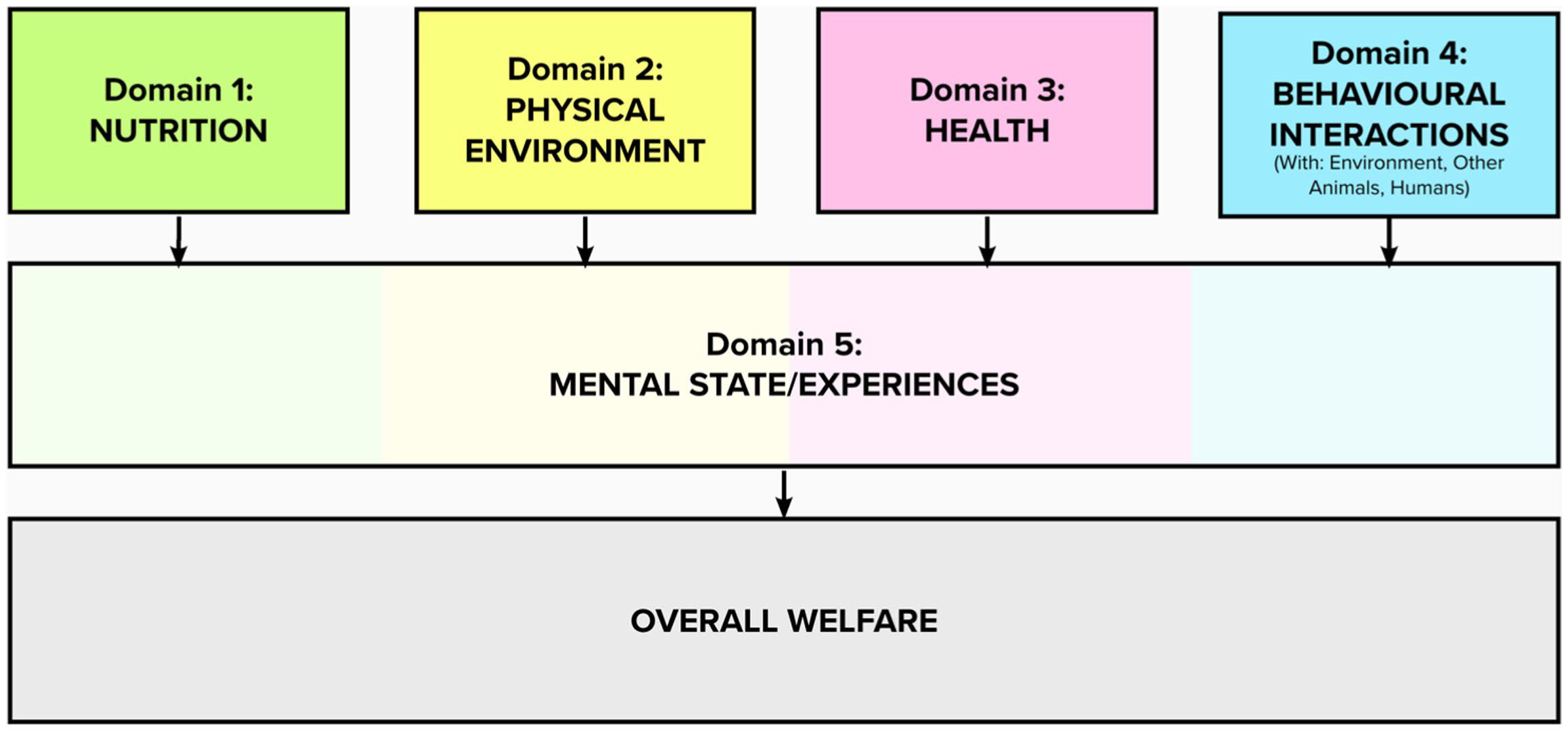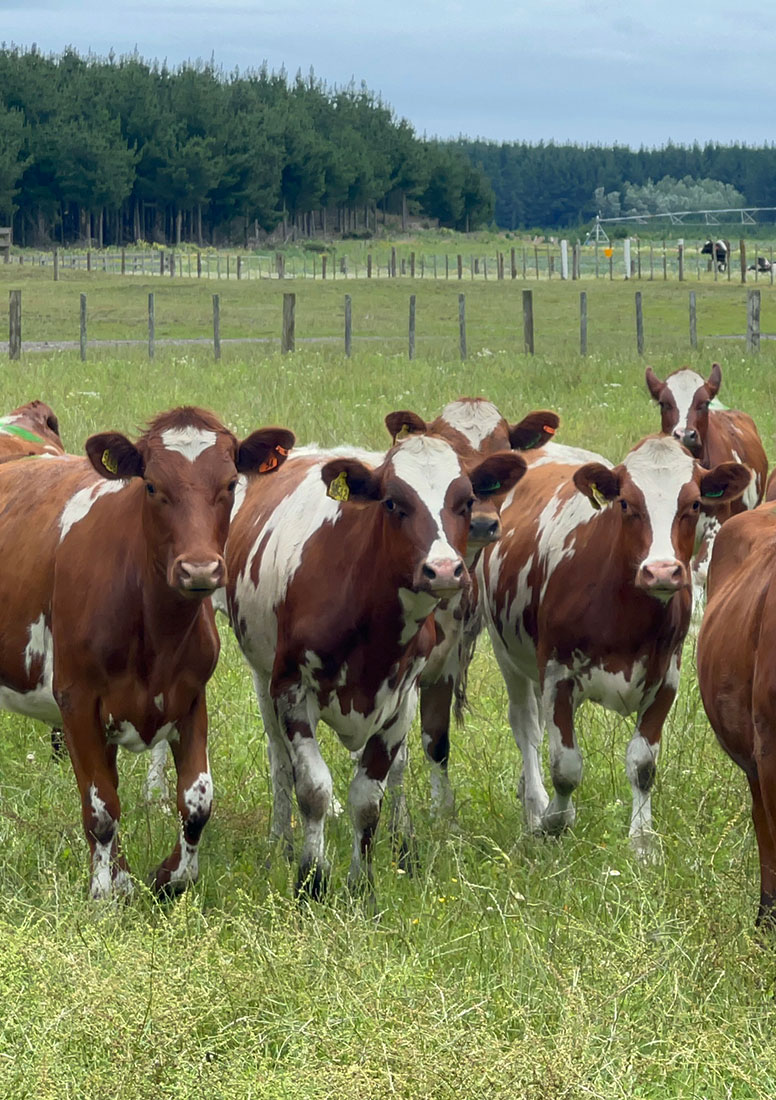Animal Welfare

How do we protect animals on board?
Animal welfare management is at the heart of the livestock exporting process. Everyone involved has a responsibility to ensure that the care of livestock and their welfare is their highest priority.
The Five Freedoms of Animal Welfare
The Five Freedoms Model is a science-based approach for assessing animal welfare, developed by Professor David Mellor, former Director of the Animal Welfare Science and Bioethics Centre at Massey University.
The Model recognises that animals can experience a range of emotions from negative to positive, and there are processes that can be taken to ensure the welfare in animals of all species.
The first four freedoms (nutrition, environment, health and behaviour) all help inform us about the animal’s various experiences, which make up the fifth freedom, the mental state/experiences.

Applying the five FREEDOms to livestock exports
Exporters understand that best welfare practices result in happy, healthy and safe livestock. Managing animal welfare is central to delivering elite New Zealand livestock to importing countries.
What regulation is in place for animal welfare?
The welfare of animals exported from New Zealand is safeguarded through a robust regulatory framework that includes:
-
Animal Welfare Act 1999: The Act provides the legal foundation for the humane treatment of animals and outlines the obligations and responsibilities of those involved in the care, handling, and transport of animals.
The purpose in Part 1 “The Care of Animals” covers the obligations of owners and of persons in charge of animals: the obligation in relation to physical, health and behavioural needs of animals, and the obligation to alleviate pain or distress of ill or injured animals.
-
Codes of Welfare: These are published by the New Zealand National Animal Welfare Advisory Committee (NAWAC) and provide specific guidelines for the care and management of various animal species. These codes set out best practices and standards to ensure animal welfare.
-
Animal Welfare Export Certificate (AWEC): For animals destined for export, obtaining an AWEC from the Ministry for Primary Industries (MPI) is a prerequisite. This certificate is issued after a meticulous assessment, taking into account critical factors, including:
- Previous export history
- The type of livestock
-
Stocking density during the voyage
-
The length and nature of the journey
-
Details about the accompanying stock handlers
-
Information regarding the animals’ management upon arrival, including their final destination and transport arrangements
-
For sea exports, considerations include ventilation, drainage, pen design, as well as provisions for fodder and water supply on the vessel.The government is currently developing amendments to the Animal Welfare Act and supporting regulations to give effect to the commitment in the Coalition Agreement to reverse the ban on live animal exports while ensuring the highest standards of animal welfare.

